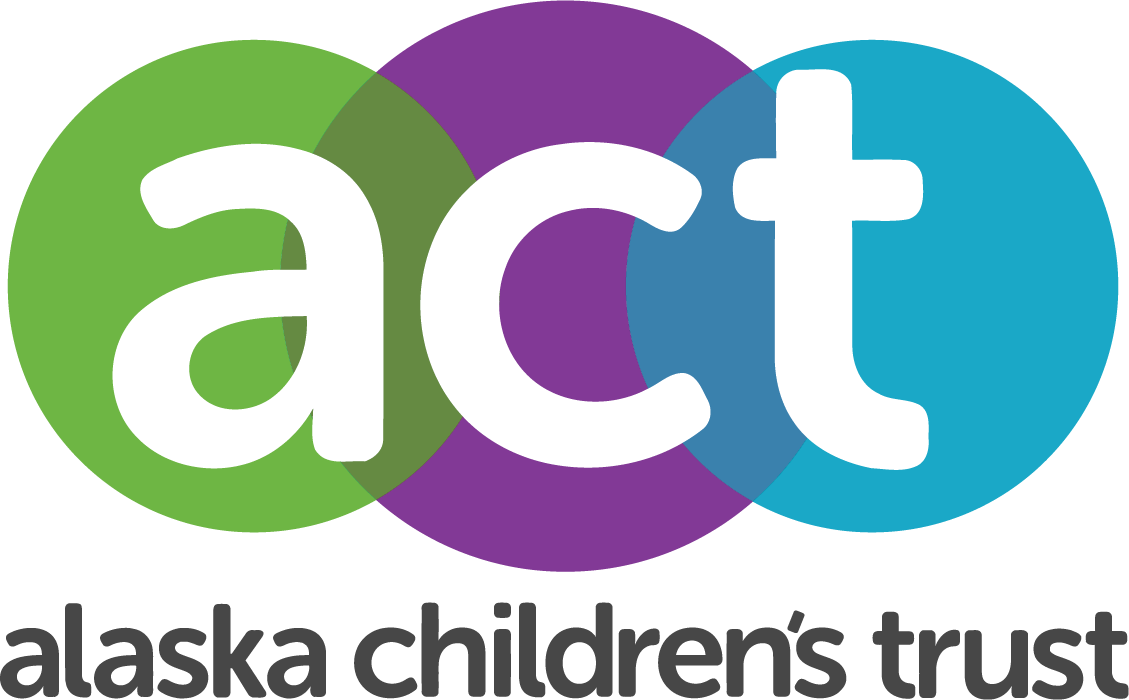Embracing Cultural Traditions: Robert's Journey of Connection through Hunting
Foods: Seal, whale, and tundra salad with seal oil
For many Alaskans, hunting and fishing is a part of our way of life. Reminiscing on fishing trips from childhood brings back memories of fun with family and friends and shared new experiences. Working with the land, picking berries, and going on hunting and fishing trips can be a fun and rewarding positive childhood experience for Alaskan kids that they remember far into adulthood.
In a city like Anchorage, it can be challenging for individuals to maintain a strong connection to the land and to their roots. However, for Robert, age 15, his family's commitment to preserving their Iñupiaq cultural traditions, including subsistence hunting and fishing, and being on the board for the Eskimo Walrus Commission’s Young Hunters Group has helped him stay engaged in his heritage despite living away from his ancestral homelands of Kotzebue and Nome. In an interview with ACT, Robert spoke of his experiences traveling to rural Alaska, his love for subsistence activities, and how these activities have contributed to his personal growth, strengthened family bonds, and deepened his sense of belonging.
For many Alaska Native people, hunting and subsistence cultural activities often involve intergenerational knowledge sharing, which strengthens family and community bonds while also passing down traditional practices, values, and cultural heritage to ensure they live on. For Robert, hunting serves as a powerful pathway to his ancestral roots. When he listens to his family's stories, he gains insight into the challenges his ancestors faced, the importance of hunting for survival, and the vital role it played in supporting families. By taking part in these activities, Robert not only learns valuable skills about how to hunt, but also deepens his understanding of his cultural heritage.
For Robert, hunting traditions are inextricably linked with the time and the bonds he shares with his uncle, mom, and dad. Robert gets to engage with his close family members when participating in subsistence activities, often in high-stakes situations that build trust and reliance for one another. When asked about his favorite aspects of hunting, Robert expressed that the company and conversations shared with his hunting partners are the most fulfilling. He highlighted the importance of a hunting partner as someone you can trust, and how critical it is to have a mutual understanding of the land and similar respect for animals. Regardless of if an animal is taken, if these pieces line up it can lead to a successful hunt where there is bonding and building of relationships! Social connections like these are a Strengthening Families protective factor against child abuse and neglect, and the ties and memories built on a hunt are pieces Robert will take into his daily life as a teen and into adulthood.
For lots of teens in Alaska, fishing and hunting not only develops close relationships with family members, but also allows for emotional growth and skills like patience, dedication, and respect for living things. It also can serve as a reprieve from the stress of daily life and provide space to reflect on what’s important. Spending time outside and with family is also a great way to bolster positive mental health. Robert says that spending quiet time in the wilderness during hunts lets him relax, dispel his worries, be fully present in the moment, and thoughtfully reflect on the day.
Through his dedication to embracing his Iñupiaq heritage, Robert has developed closer bonds with his family, found space for personal growth, and enhanced his connection to his ancestral lands. Despite living in Anchorage, he remains deeply rooted in his cultural traditions thanks to his family's efforts and the meaningful connections forged during hunting trips and cultural events. Overall, these experiences can contribute to a well-rounded childhood, fostering a sense of connection, resilience, and cultural identity.
Learn about 3 school districts in Alaska working to integrate cultural tradition into their programs and school calendar:
Q & A with Robert:
Hailey is a sophomore at the University of New Mexico, where she studies Nursing with minors in Spanish and Africana Studies. She is also the Secretary for her Campus’ Black Student Union, and her Sorority, Alpha Kappa Alpha Sorority Inc. She hopes to become a Family Nurse Practitioner, and own her own clinic in Anchorage, Alaska. Hailey spends her time hanging out with her friends and family and being outside.











